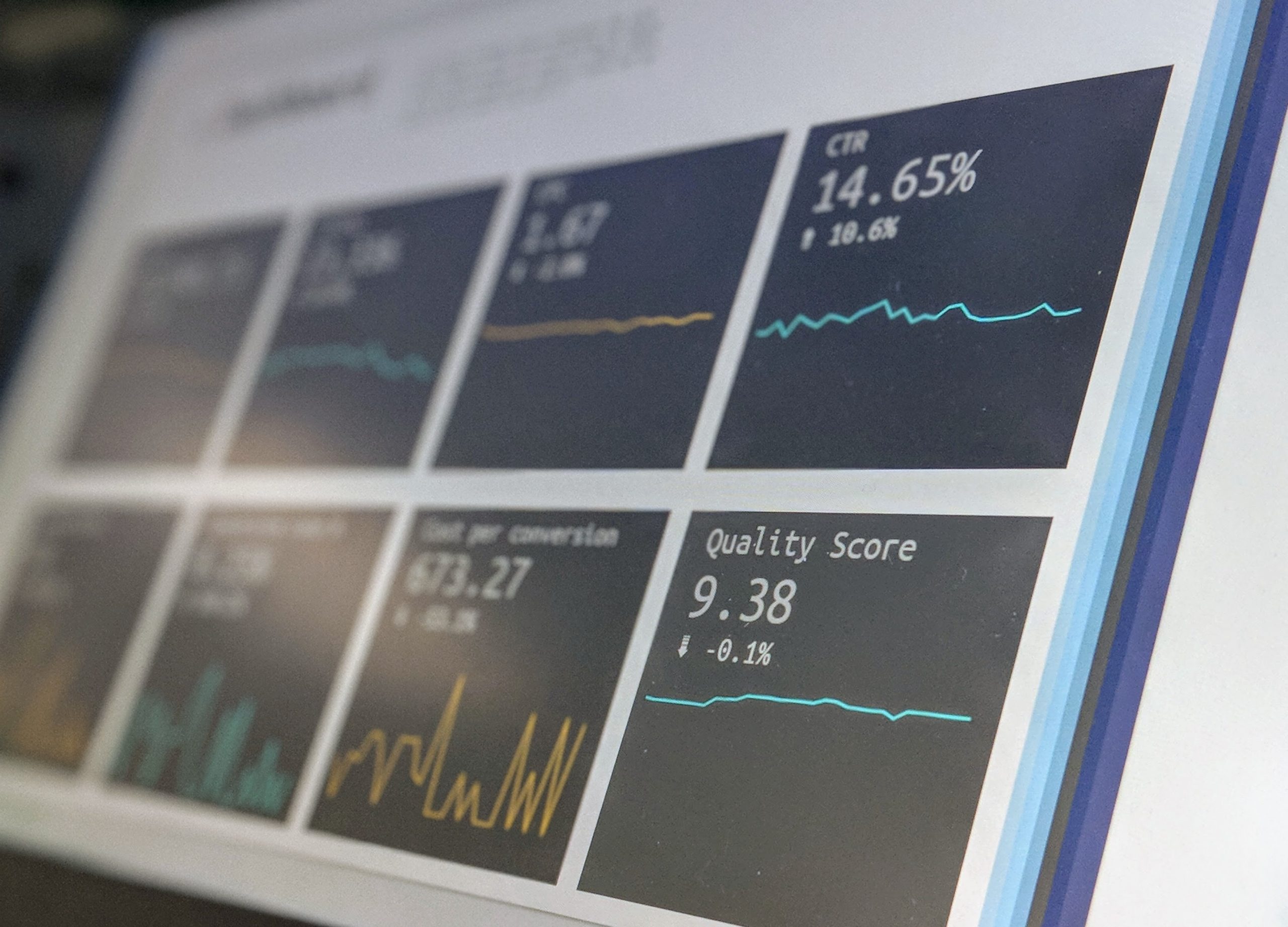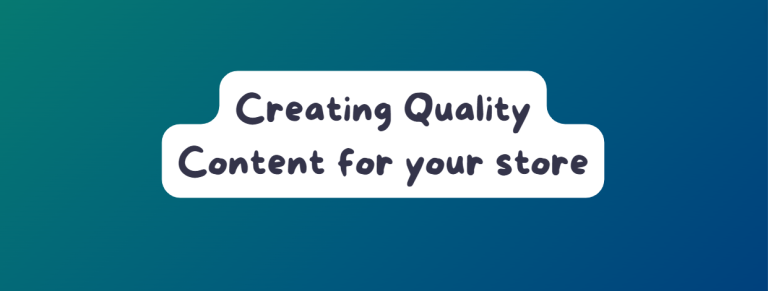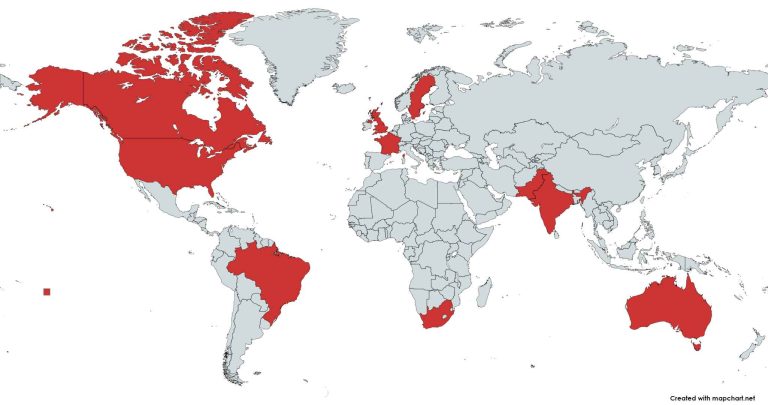In today’s digital age, website speed is a critical factor in delivering a positive user experience. As attention spans continue to shrink, users expect websites to load quickly, and if a website is slow, they will quickly move on to the next. But it’s not just users that care about website speed. Google, the world’s most popular search engine, has made it clear that they prioritize fast-loading websites in their search results.
In this article, we’ll take a closer look at Google’s stance on website speed, explore their page speed tools, review research on website speed and Google rankings, and provide tips for improving website speed.
Google’s Official Statement on Website Speed
Google’s announcement in 2018 that page speed would become a ranking factor for mobile searches highlighted the importance of website speed. The “Speed Update” meant that pages that delivered the slowest experience to users would be affected, but it would only apply to a small percentage of queries. Google emphasized that the intent of the search query remained a strong signal, which means that even slow pages could rank highly if they had great, relevant content.
The “Speed Update” aimed to provide a better user experience for mobile users by prioritizing fast-loading websites. However, Google also encouraged developers to think broadly about how performance affects a user’s experience of their page and to consider a variety of user experience metrics. This statement highlighted that website speed is just one aspect of delivering a positive user experience. Developers should consider other factors, such as ease of use, accessibility, and relevance when creating their websites. By focusing on delivering an overall great user experience, developers can ensure that their websites meet the expectations of both users and search engines.
Google’s Page Speed Tools
Google offers a range of free tools to help website owners and developers improve their website speed and overall user experience. The most popular tools are PageSpeed Insights & Lighthouse. This tool analyzes the performance of a web page on both mobile and desktop devices and provides recommendations for improving its speed and usability.
PageSpeed Insights
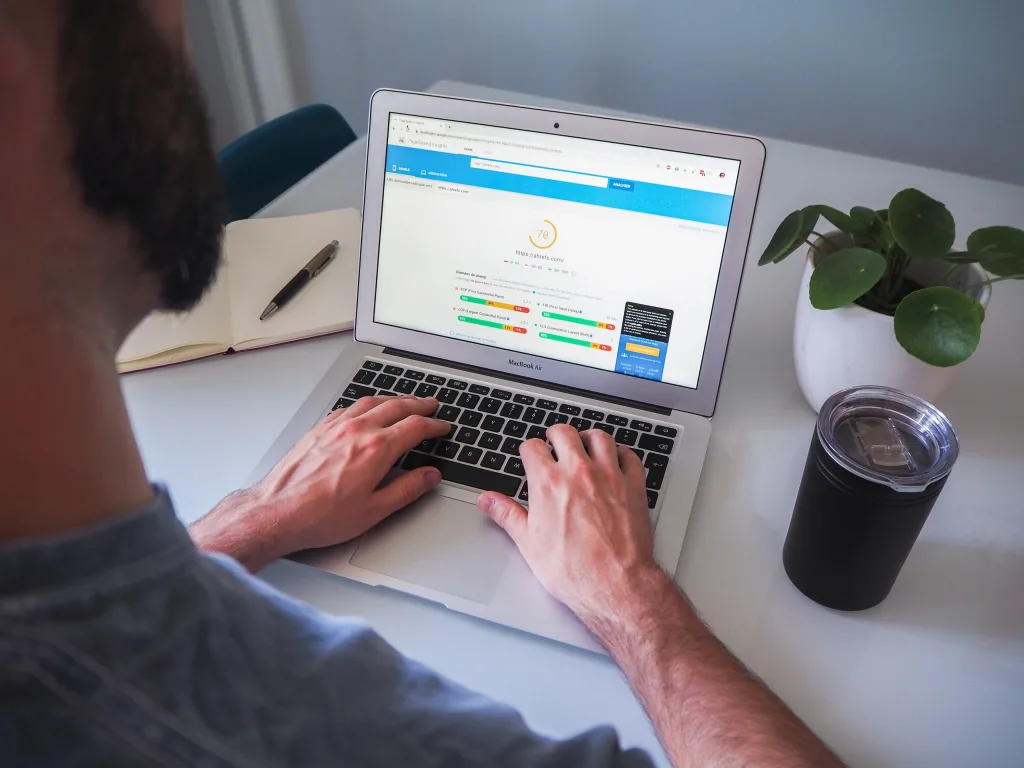
To use PageSpeed Insights, simply enter the URL of the website you want to analyze, and the tool will provide a score ranging from 0 to 100. A score of 90 or above indicates that the website is performing well in terms of speed and user experience. The tool also provides a list of suggestions to help improve the website’s performance. These suggestions may include compressing images, reducing the size of HTML, CSS, and JavaScript files, and eliminating render-blocking resources.
Lighthouse
Google’s Lighthouse tool is another powerful resource for website owners and developers. This tool is available as a browser extension or can be used directly in Google Chrome’s DevTools. Lighthouse analyzes a web page’s performance across several key areas, including accessibility, best practices, performance, and search engine optimization (SEO).
Lighthouse generates a report that includes a score for each category, as well as specific recommendations for improvement. The tool also includes a performance audit, which provides information on how long it takes for a web page to load, the size of the page, and the number of requests it makes. By using Lighthouse, developers can gain valuable insights into how to improve their website’s speed and user experience.
Research on fast loading websites and Google Rankings
Even without taking SEO into account, there are some important statistics that you should be aware of:
Analytics by Portent
- B2B – “A site that loads in 1 second has a conversion rate 5x higher than a site that loads in 10 seconds.”
- B2B – “A site that loads in 1 second has a conversion rate 3x higher than a site that loads in 5 seconds.”
- B2C – “A site that loads in 1 second has an e-commerce conversion rate 1.5x higher than a site that loads in 10 seconds.”
- B2C – “A site that loads in 1 second has an e-commerce conversion rate 2.5x higher than a site that loads in 5 seconds.”
Did you know that you can increase the speed of your WooCommerce store by using VPS hosting?
Odupitan, Idowu (2020)
It was also discovered that page speed was an important factor that affects user experience. Visitors will find a slow loading web page frustrating to interact with. This could increase the bounce rate of a page as visitors will opt to leave than wait for it to load.
Bounce rate is definitely a factor for SEO ranking, if users visit your website and leave right away, it will have a negative impact on your ranking.
Does the algorithm care about fast loading websites?
In 2010, Google announced that website speed would be a ranking factor for desktop searches. In 2018, Google expanded this to include mobile searches with its “Speed Update.” While website speed is just one of many ranking factors, it is clear that Google considers it an important one.
They stated that website speed is important not just to website owners, but to all internet users. Faster websites create happy users and keep them engaged, while slower websites can lead to frustration and high bounce rates. To further emphasize the importance of website speed, they provide several tools and resources to help website owners and developers optimize their website performance. These include PageSpeed Insights, Lighthouse, and the Speed Report in Google Search Console.
Tips for Improving Website Speed
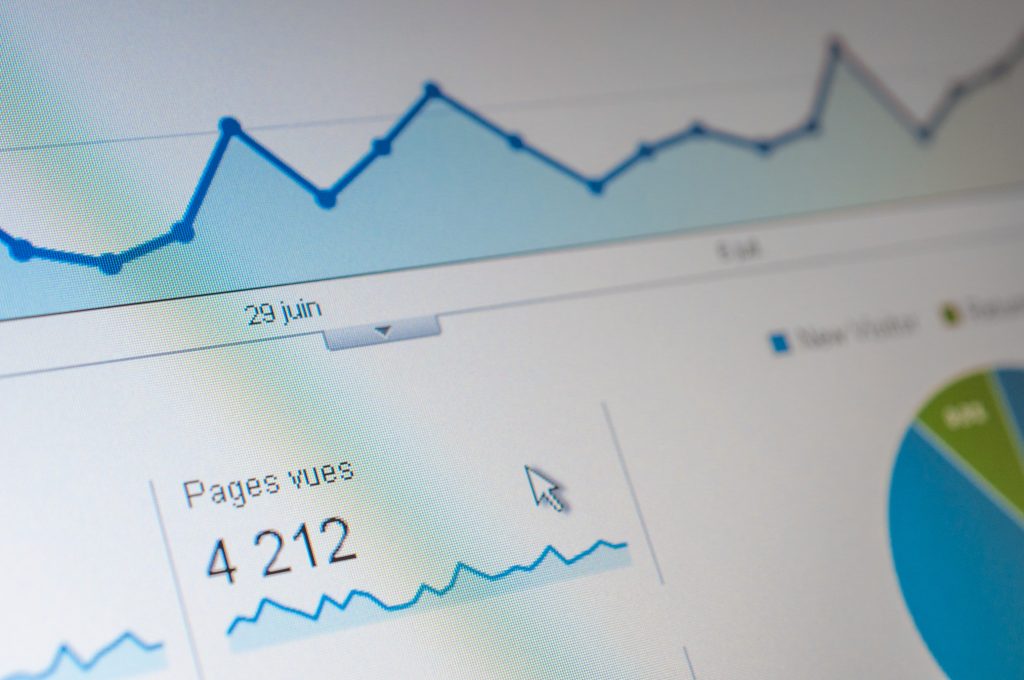
If you’re looking to improve your website speed, there are several common issues to address. One of the most significant factors is website images. High-resolution images can take longer to load, so it’s essential to compress and optimize them for the web. You can use tools like Photoshop or online image compressors to reduce the file size of your images without sacrificing quality. Another common issue is the lack of a CDN. Almost all fast loading websites will be using a CDN to deliver their content.
Here are some tips for improving website speed:
- Minimize HTTP requests: Each element on a web page requires a separate HTTP request, which can add up quickly. Reduce the number of HTTP requests by combining CSS and JavaScript files, and minimizing the number of images on your page.
- Enable caching: Caching allows browsers to store previously accessed data, which can speed up load times for returning visitors. Use browser caching and server-side caching to speed up your website.
- Use a content delivery network (CDN): CDNs can distribute your website content across multiple servers, reducing the time it takes for data to travel to the user’s device.
- Optimize images: Compress and resize images to reduce their file size and improve load times.
- Minify code: Remove unnecessary characters, whitespace, and comments from your code to reduce file size and improve load times.
Looking to make your website fast loading?
Improve your website’s speed and enhance user experience with our expert tips. Contact us for a free consultation to learn more about how we can help you optimize your website for faster load times and better search rankings.

